European Fellowship Forum, December 2024

The scope of the purpose of Christ for Israel and also in regard to the wider Adamic race. Some discussion of Mongols, Turks and Arabs and the destruction of Byzantine Europe. The myth of Mansa Musa as a negro. Historical revisionism in pop culture seeks to portray historical figures as negros to facilitate the elevation of negros in society today. Politics in America, the failure of Conservatives to understand the men they vote to lead them. Jews in rural American society. Jewish gaslighting of Christians for 1,800 years, value of the authority of the so-called Church Fathers, Plato and the Church Fathers. Jews as leaders of White nationalist or right-wing dissident groups. Feminism is older than we think, as it can be found even among 16th British Puritans.
Trump backing off on campaign promises, no mass deportations of illegal immigrants. The Magdeburg Christmas Market incident and German sentiments in its aftermath. The role of Yahweh God in the lives and trials of men. European phenotypes and some of the folly of Nordicists among White nationalists. True love in the eyes of God, and the happiness which it brings to those who follow it. The invisible costs of black crime and how Whites always pay for it. The safest States are the Whitest States. The acceptance of fornicators and other sinners even within one’s own family, and the divisions which sin causes among Christians and their families. Dealing with “normies”, those Whites who remain blind in the face of modern trials an current events, is a subject throughout the discussion.
And more! Thanks to all who participated.

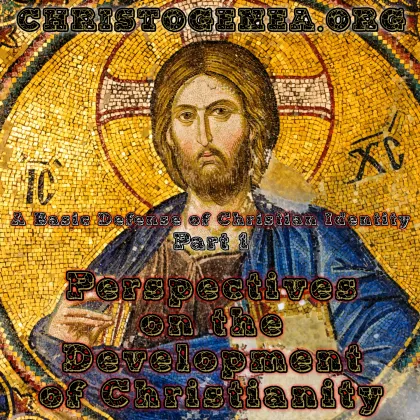
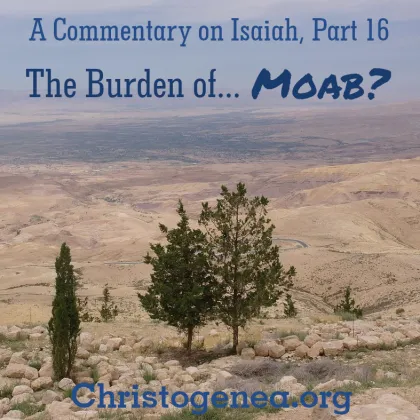
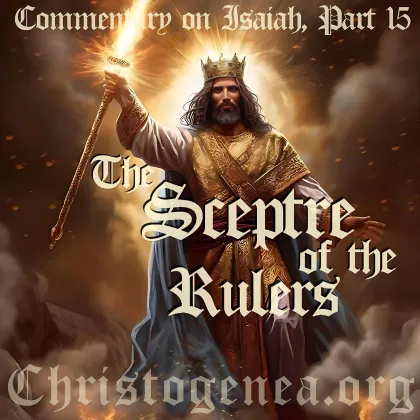


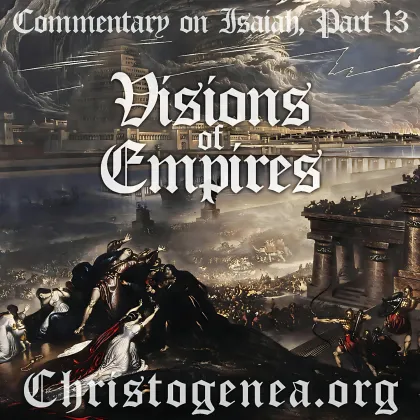
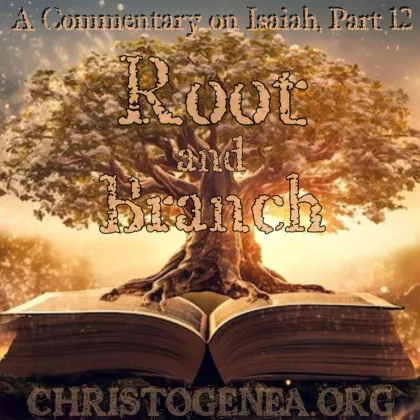

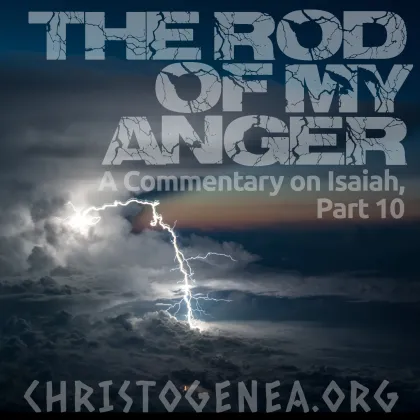
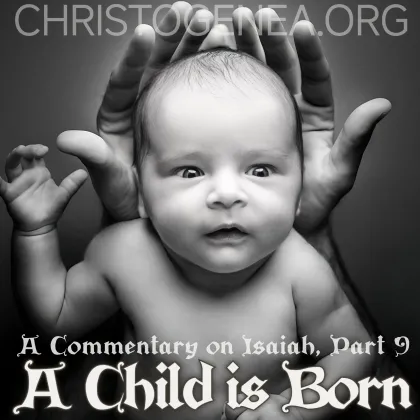




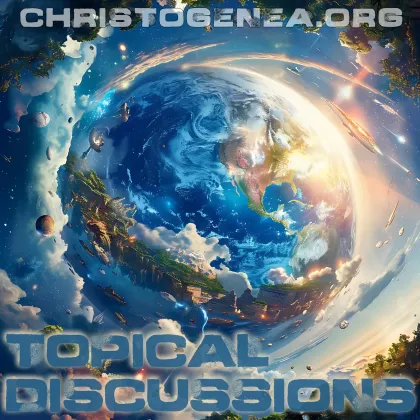


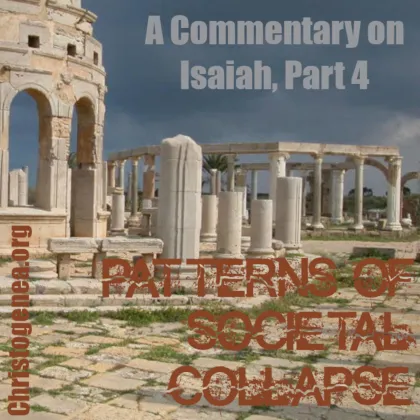




 Please click here for our mailing list sign-up page.
Please click here for our mailing list sign-up page.







